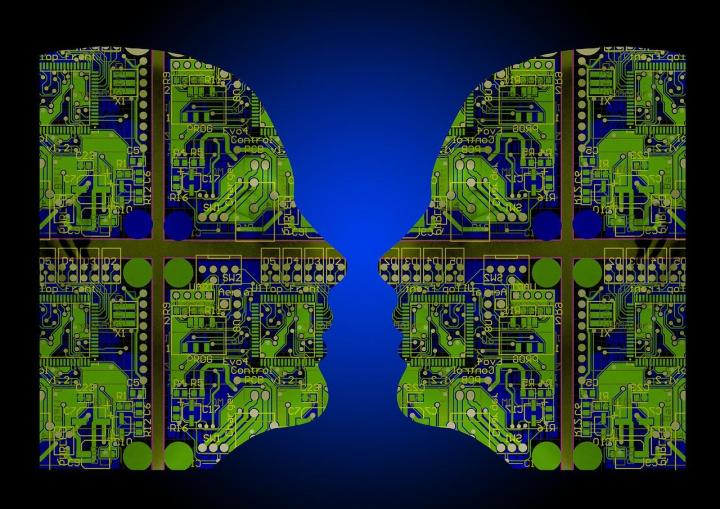
In fact, according to Kurzweil, humans will be artificially intelligent by 2030, making us half-homo sapien, half-computer. On June 3 at the Exponential Finance conference, Kurzweil predicted, “Our thinking then will be a hybrid of biological and non-biological thinking. We’re going to gradually merge and enhance ourselves. In my view, that’s the nature of being human – we transcend our limitations.”
In just 15 years, Kurzweil believes, the human brain will become a hybrid of biology and technology, and we will “put gateways to the cloud in our brains.” And as the cloud becomes more and more advanced and is able to store increasing amounts of information, so too will our brains. By the late 2030’s or early 2040’s, Kurzweil said, the majority of brain function, at least in terms of information processing and thought processes, will be non-biological.
Kurzweil, whose work at Google focuses largely on improving computers’ artificial intelligence, is a strong proponent of singularity — the point at which AI will exceed “true” human intelligence. We are on the cusp of this phenomenon, he believes, with 2045 marking the turning point in the true dominant species of the world. Known for his frequent and sometimes seemingly outlandish predictions, Kurzweil is no stranger to making big bets, nor to winning them.
In fact, as per his own analysis of the 147 predictions he made for 2009 throughout the ’90s, a respectable 86 percent of them turned out to be correct, including the primary usage of portable computers, computer displays in eyeglasses, and a computer beating a human at chess, just to name a few. He did, however, miss the ball on self-driving cars, which he thought we would’ve mastered by now.
Of course, despite his lofty projections for the future of artificial intelligence, Kurzweil noted, “Technology is a double-edged sword … every technology has had its promise and peril,” adding that “We have a moral imperative to continue reaping the promise [of artificial intelligence] while we control the peril. I tend to be optimistic, but that doesn’t mean we should be lulled into a lack of concern.”
There are of course considerable ethical dilemmas that must be considered should humans ever become cyborgs, but we’ll cross that bridge when we get there. The question is, just how soon will that be?
Editors' Recommendations
- Google Smart Canvas gets deeper integration between apps
- Machines are getting freakishly good at recognizing human emotions
- Apple’s new Seattle campus may mean big things for Siri, artificial intelligence


